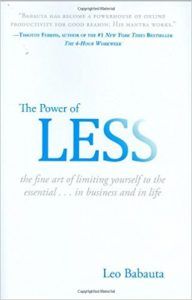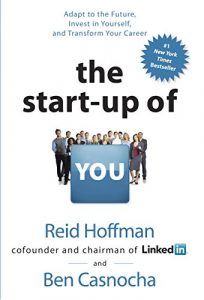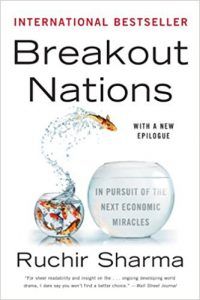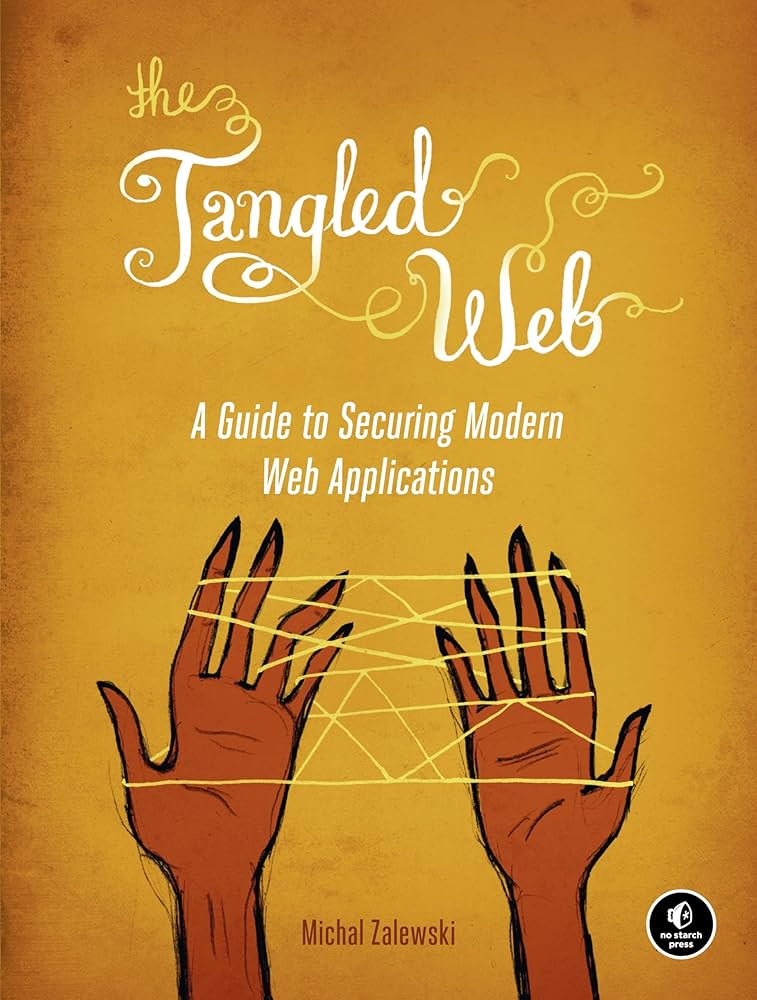(Opinions expressed here are my understanding of Vivek Wadhwa’s opinion) “The next Trillion Dollar Opportunities” (in this decade)
China’s manufacturing and India’s call center business are saturated. The PC industry is dead, Laptop is flat, and mobile is going up.
Next trillion-dollar opportunities Proactive health care Preventive care is much cheaper. Expect sensors everywhere (in the toothbrush, toilet, mirror, etc.) to give info based on spotted symptoms. IBM Watson is being trained on medical data. Soon, nanobots will go inside the body for drug release/monitoring. Manufacturing Robotics taking over ( Baxter - 22K robot - will cost 1-2 $ per hour of work after that). Manufacturing coming back to the USA. America is being automated. 3D Printing Current 3D printers 200 (low end) -1500$ (high end). Expect prices.to go down to 200$ for high-end in 5 years => household goods can be printed at home. Finance Square-like mobile payments exploding Bitcoin carries a negative image, expect government-backed digital currency soon. mPaisa in Kenya - 60% of transactions via sms now (25% of Kenya’s GDP). Transportation Robotic drones going to take over for deliveries Self-driving cars are imminent. Computing Big data Internet-enabled devices augmented by high-speed internet (Google Fiber) New UIs - touch-based interfaces, augmented reality (Google Glass) Synthetic Biology We are taking exponential (and not linear) steps in technology and humans are not good at predicting the impact of exponential changes.
...



